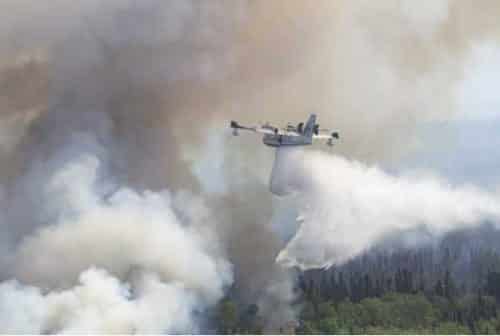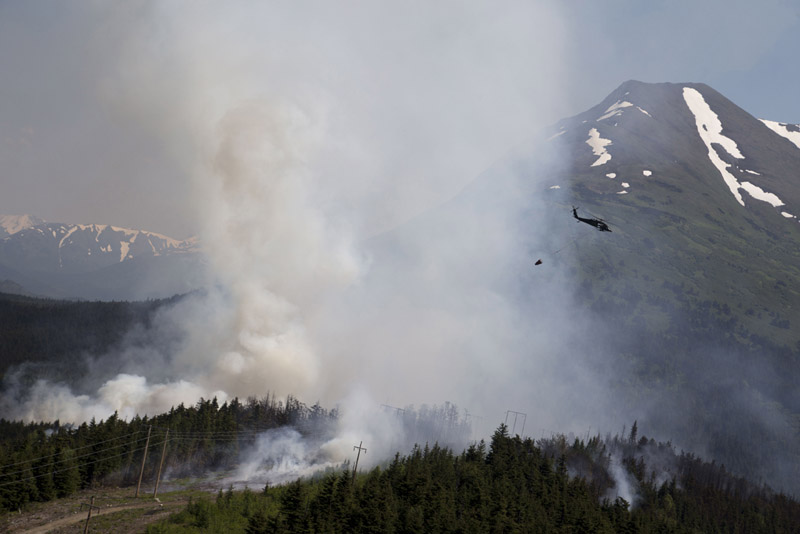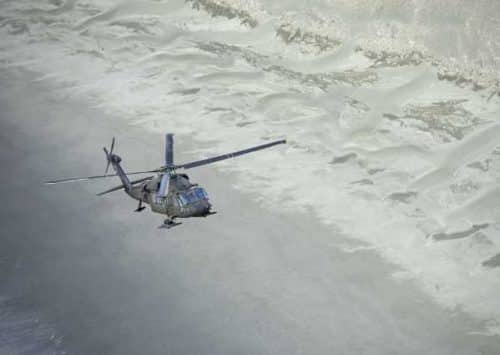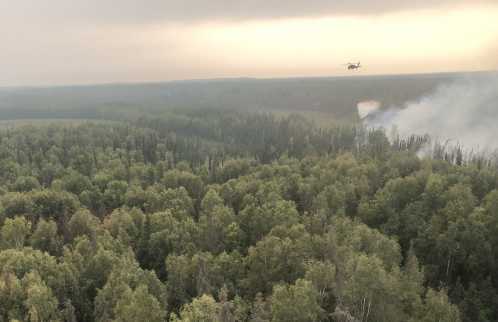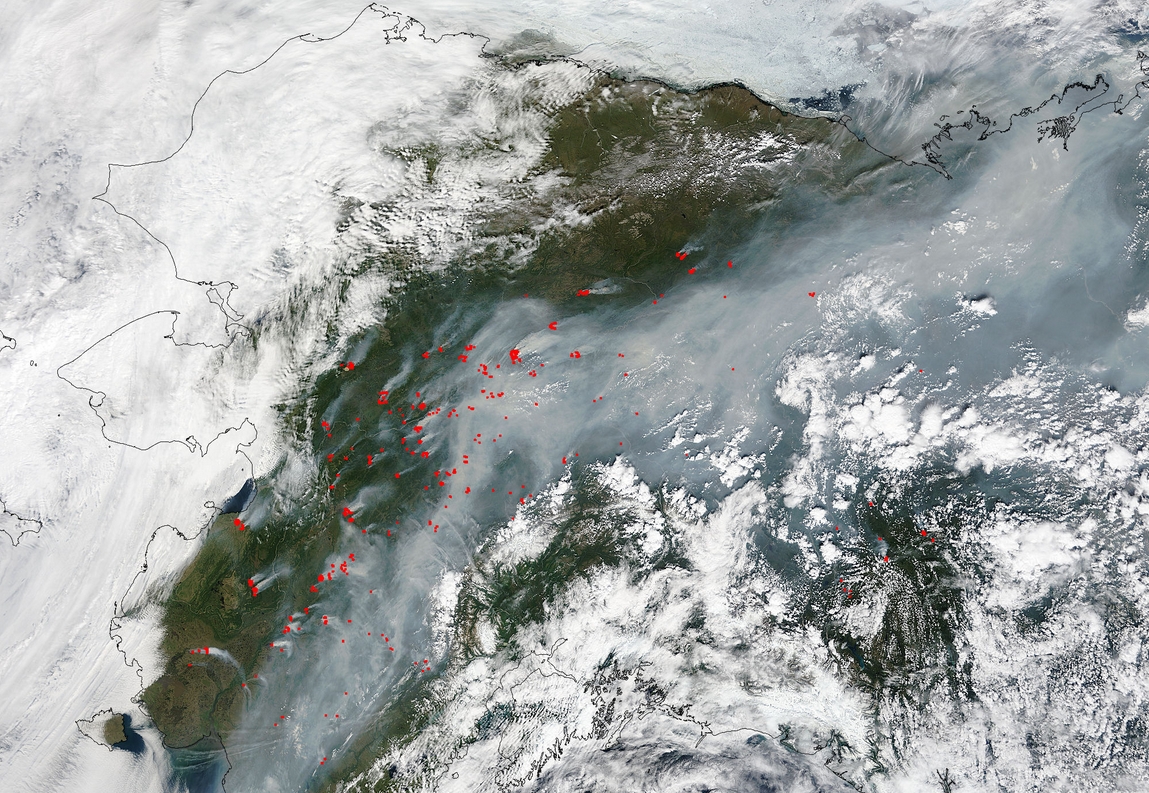JOINT BASE ELMENDORF-RICHARDSON, Alaska — The Alaska Army National Guard assisted local and state authorities in response to multiple wildfires throughout the state July 2-16, flying helicopters to scoop 600-gallon buckets of water from lakes and releasing over fires and hot spots.
UH-60 Black Hawk helicopters from the Army Guard’s 1st Battalion, 207th Aviation Regiment, performed nearly 100 hours of firefighting efforts in 14 days, conducting almost 700 water bucket drops at six wildfires.
Army Guard Black Hawk crews from Joint Base Elmendorf-Richardson and Fort Wainwright responded to requests for assistance to fight fires in locations that spanned over 90-thousand square miles, including: East Anchorage Fire, Montana Creek Fire near Talkeetna, Malaspina Fire about two miles north of the Montana Creek Fire, Klutina Fire south of Glennallen, Rampart Fire about 100 miles north of Fairbanks, and Rainbow 2 Fire about 15 miles northwest of Delta Junction.
1-207th AVN CH-47 Chinook helicopters conducted proficiency training, were on stand-by for several days and responded to a request for bucket drops at the Swan Lake Fire in a first-ever wildfire support response since the new-to-Alaska Army Guard aircraft arrived this winter. Chinooks’ water buckets hold about two thousand gallons of water.
“Our Guardsmen did an excellent job helping Alaska with emergency response efforts to several fires in the state,” said Brig. Gen. Torrence Saxe, adjutant general of the Alaska National Guard and commissioner for the Department of Military and Veterans Affairs, “[they] train for this, and are ready and prepared to help when needed.”
[content id=”79272″]
The 1-207th began water drop operations on July 2, as a brush fire rapidly grew in a wooded area near populated neighborhoods in the Campbell Park area of East Anchorage, Alaska’s largest city.
Two UH-60 Black Hawk helicopters dropped 74 buckets of water – about 44 thousand gallons – over the Anchorage fire that evening in less than two hours, from take-off to landing.
The day after the 1-207th Aviation unit’s wildfire operations ended, they responded to two medevac missions and saved four hikers July 17, followed by two additional medevac saves the next day.
“A desire to take care of Alaska and Alaskans is one reason a lot of people join the Guard,” said Saxe, “Our aviation battalion has worked very hard and also experienced the reward of helping others in their time of need, and I’m really proud of them for their outstanding accomplishments this month.”

